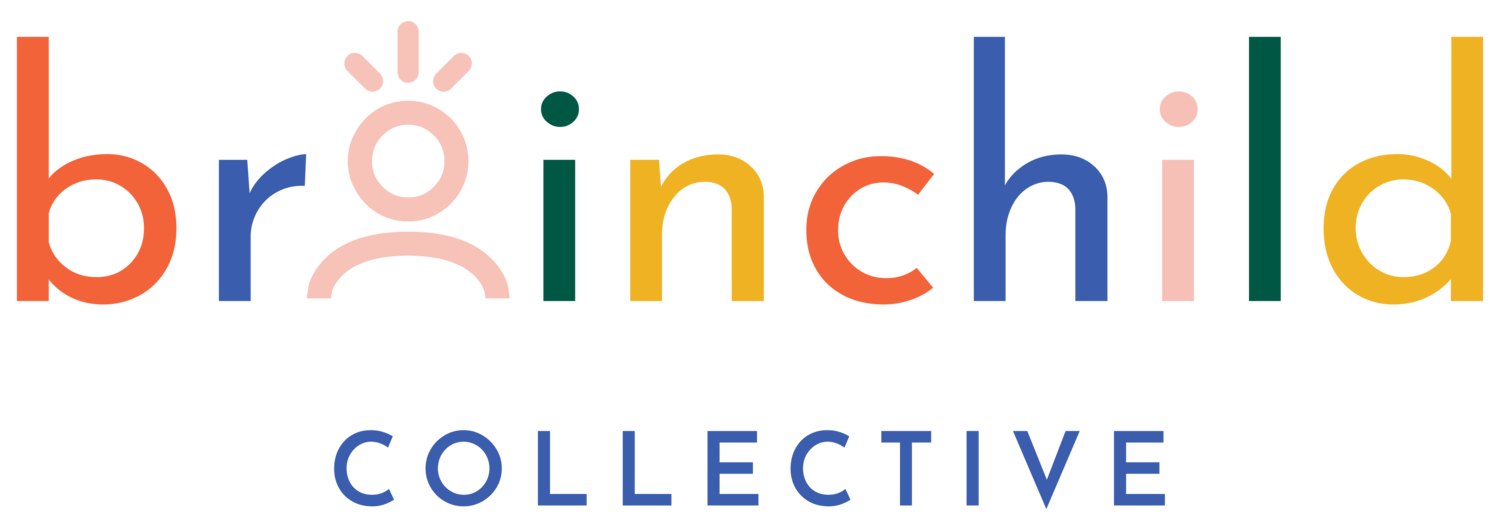Social Emotional Learning Theater Programs
In the heart of every student lies a story waiting to be told, emotions yearning to be expressed, and a journey of self-discovery awaiting its curtain call. In today's ever-evolving educational landscape, fostering emotional intelligence (EQ) and social-emotional skills has become paramount. One innovative approach gaining traction in schools is the integration of Social and Emotional Learning (SEL) into theater programs.
What is SEL Theater Programming?
SEL theater programming merges the expressive power of theater with the foundational principles of Social and Emotional Learning. It provides students a creative platform to explore their emotions, develop empathy, and enhance their interpersonal skills. Through theater, students engage in a range of activities, including role-playing, improvisation, and character development, all geared toward fostering SEL competencies.
The Benefits of Adding SEL Theater Enrichment
Integrating SEL theater enrichment into your school's curriculum offers a myriad of benefits for students' overall well-being and academic success:
Emotional Awareness: Theater encourages students to explore and express their emotions in a safe and supportive environment, fostering self-awareness and emotional regulation.
Empathy and Perspective-Taking: Students develop empathy and a deeper understanding of others' experiences and perspectives by embodying diverse characters and scenarios.
Communication and Collaboration: Theater requires students to communicate effectively, listen actively, and collaborate with peers, building essential relationship skills.
Creative Problem-Solving: Theater activities often involve improvisation and creative problem-solving, nurturing students' critical thinking ability to adapt to new situations.
Self-Confidence and Resilience: Students participating in theater performances and presentations gain self-confidence and resilience, learning to overcome challenges and embrace their unique talents.
How Do CASEL’s 5 Categories of SEL fit into SEL Theater Programming?
Collaborative for Academic, Social, and Emotional Learning (CASEL) five core competencies of SEL are seamlessly woven into SEL theater programs:
Self-Awareness: Through theater activities, students explore their emotions, strengths, and areas for growth, enhancing their self-awareness and understanding.
Self-Management: Theater encourages students to manage their emotions, impulses, and behaviors, promoting self-discipline and goal-setting.
Social Awareness: By portraying diverse characters and narratives, students develop empathy, respect, and appreciation for others' perspectives and cultures.
Relationship Skills: Theater fosters collaboration, communication, and teamwork, enabling students to build positive relationships and resolve conflicts effectively.
Responsible Decision-Making: In theater, students navigate complex scenarios and make ethical choices, honing their critical thinking and decision-making skills.
How Do SEL Theater Programs Guide Student Development?
The theater serves as a dynamic arena for nurturing essential SEL competencies in students. Through immersive experiences in role-playing and character development, students transcend their perspectives to empathize with diverse experiences, honing their empathy and understanding.
Additionally, theater's improvisational nature cultivates spontaneity, creative expression, and adaptive thinking, instilling flexibility and resilience in students.
Furthermore, collaborative projects and performances in theater productions foster a culture of teamwork, effective communication, and problem-solving as students work collectively toward a shared artistic vision. In this captivating theatrical landscape, students hone their acting skills and embark on a profound journey of self-discovery and emotional growth.
How Do You Kickstart SEL Theater Programming in Your School?
SEL theater programs offer a holistic approach to education, nurturing students' emotional intelligence, interpersonal skills, and creativity. By integrating SEL into theater programming, schools empower students to thrive academically, socially, and emotionally, preparing them for success in school and beyond.
To launch an SEL Theatre Program at your school, follow these steps:
Assess your school's SEL needs and goals to tailor the program accordingly.
Collaborate with educators and administrators to integrate SEL into existing theater curriculum or extracurricular activities.
Select reputable partners like The Brainchild Collective with SEL and theater education expertise to guide program implementation.
Provide professional development opportunities for educators to familiarize them with SEL principles and techniques in theater instruction.
Evaluate program effectiveness through student feedback, academic performance, and observations to make necessary adjustments and enhancements.
Reach out to The Brainchild Collective team for expert guidance and support in launching your SEL Theatre Program and fostering a thriving student growth and development environment.
